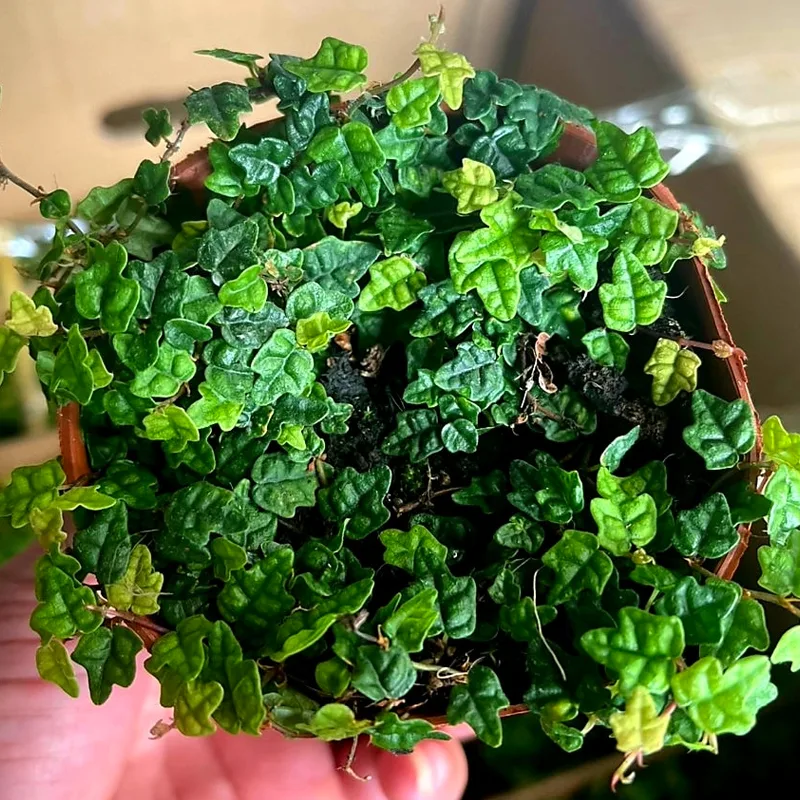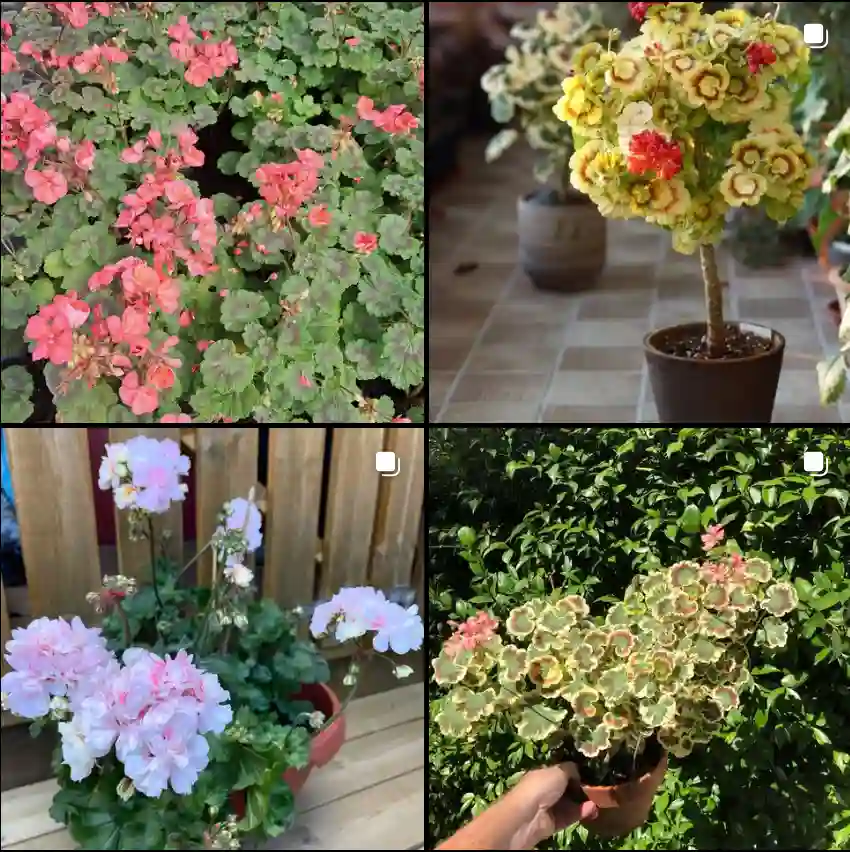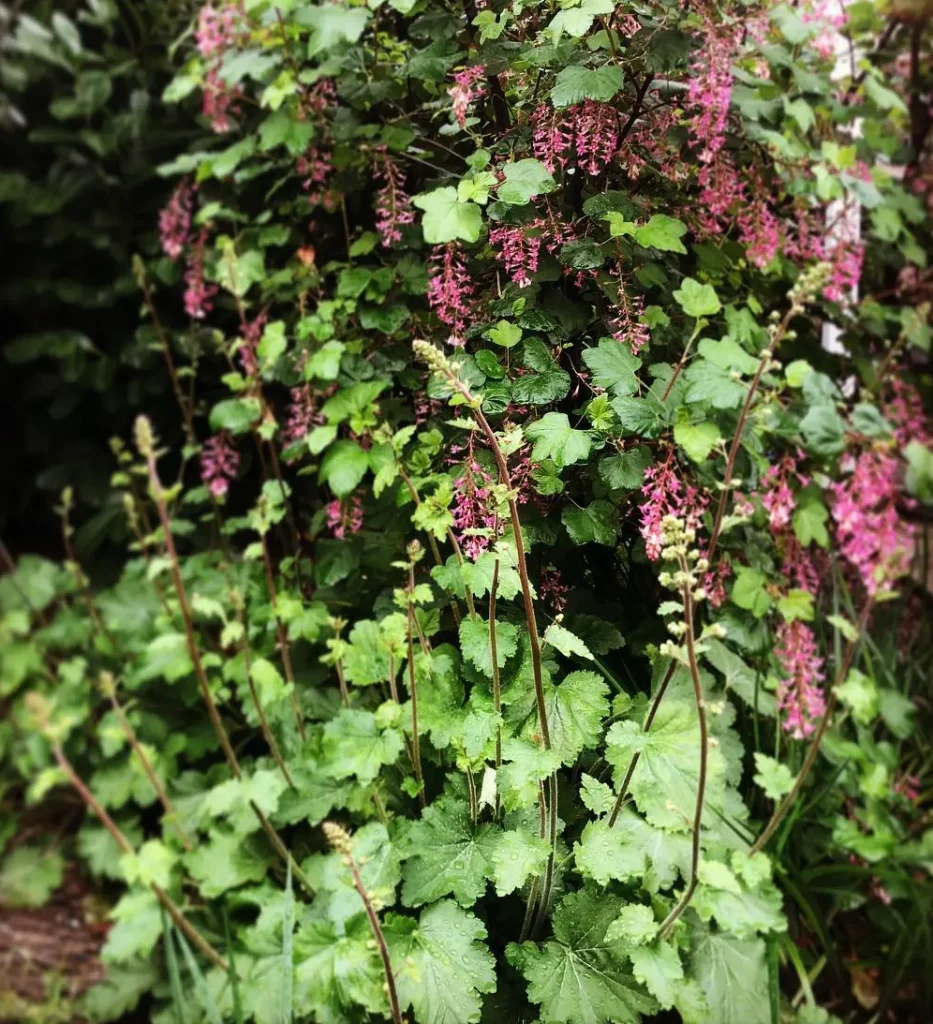Lithodora Grace Ward vs Heavenly Blue
I’ve had Lithodora Grace Ward in my garden, and its deep blue flowers really pop against the green foliage, giving it a vibrant look. I tried Heavenly Blue next, and its lighter, softer blue flowers brought a serene, calming touch that worked well in a more relaxed setting. I found Grace Ward’s more intense color to be perfect for creating a bold statement, while Heavenly Blue added a gentle, soothing presence to my garden beds.
3 Species in Genus Lithodora
Does Grace Ward Lithodora spread?
I’ve had Lithodora Grace Ward in my garden for a few years now, and from my experience, it does spread, but not aggressively. It forms a dense mat of vibrant blue flowers that gradually fills in the space, giving it a charming, carpet-like appearance. I love how it fills in gaps and adds a burst of color to my landscape without requiring much maintenance.
How to care for Lithodora Grace Ward?
Here’s how to care for Lithodora Grace Ward, a lovely flowering perennial:
Light:
- Provide full sun for at least 6-8 hours a day.
- In very hot climates, some afternoon shade might be beneficial to prevent scorching.
Soil:
- Lithodora Grace Ward thrives in well-drained, slightly acidic soil.
- Sandy soil is ideal, but it can adapt to other types as long as drainage is good.
- Avoid heavy clay soil, which can lead to root rot.
Watering:
- Water regularly during the first growing season to establish a strong root system.
- Once established, Lithodora Grace Ward is drought tolerant and needs infrequent watering.
- Allow the soil to dry almost completely between waterings.
- Avoid overwatering, as this can lead to root rot.
Fertilizing:
- A light application of a slow-release, all-purpose fertilizer in spring is sufficient.
- Overfertilizing can reduce flowering.
Pruning:
- To encourage bushier growth and a fresh look, you can lightly prune Lithodora Grace Ward after flowering is finished.
Additional care tips:
- Mulching: Apply a layer of mulch around the base of the plant to retain moisture, suppress weeds, and regulate soil temperature.
- Dividing: You can divide established Lithodora Grace Ward plants in spring or fall.
- Winter Protection: In colder climates, provide some winter protection with mulch or burlap cloth, especially for young plants.
Pests and Diseases:
Lithodora Grace Ward is generally resistant to pests and diseases.
By following these simple care tips, you can keep your Lithodora Grace Ward thriving and producing beautiful blooms for many years to come.
How to prune Grace Ward Lithodora?
Pruning Grace Ward Lithodora is minimal, but I do it to maintain its shape and encourage bushier growth. After the blooming period, usually in late spring or early summer, I trim back any spent flowers and straggly stems. This promotes new growth and ensures a tidy appearance. However, I avoid heavy pruning, as Lithodora blooms on old wood, and excessive cutting can reduce flowering.
When to plant Grace Ward Lithodora?
I’ve found that planting Lithodora Grace Ward in the spring or fall yields the best results. These seasons provide moderate temperatures and ample moisture, allowing the plant to establish itself quickly. Before planting, I prepare the soil by loosening it and incorporating organic matter to improve drainage. Then, I dig a hole slightly larger than the root ball, place the plant in, and backfill with soil, ensuring the top of the root ball is level with the surrounding ground.
Is Grace Ward Lithodora deer resistant?
In my experience, Grace Ward Lithodora is indeed deer resistant. I’ve had deer frequent my garden, but they seem to overlook this plant. Its tough, leathery leaves and low-growing habit may contribute to its resistance to deer browsing. It’s a relief to have a beautiful, flowering plant that doesn’t attract these garden pests.
Where to buy Lithodora Grace Ward?
I’ve purchased Lithodora Grace Ward from various nurseries and garden centers in my area. It’s a popular ground cover plant, so it’s usually readily available. I prefer buying from local nurseries because I can inspect the plants for quality and get expert advice on care and maintenance. However, online retailers also offer a wide selection if I can’t find it locally.
If i die, water my plants!



